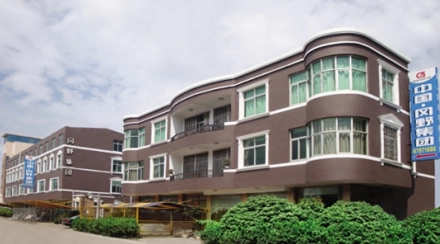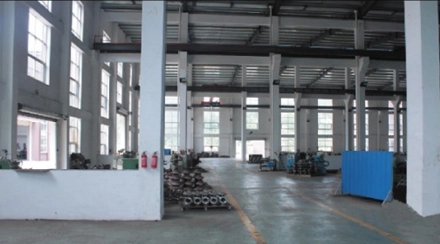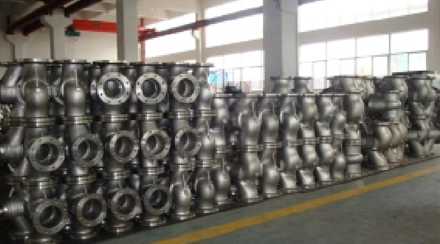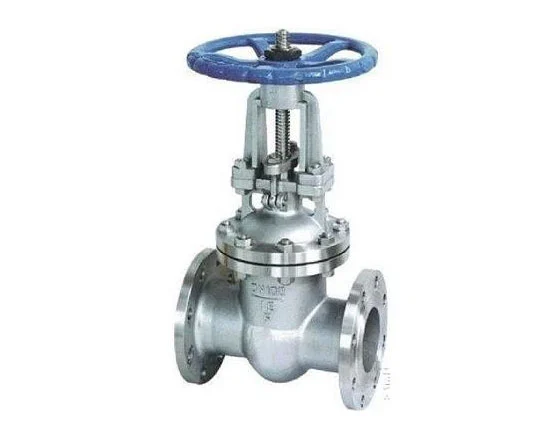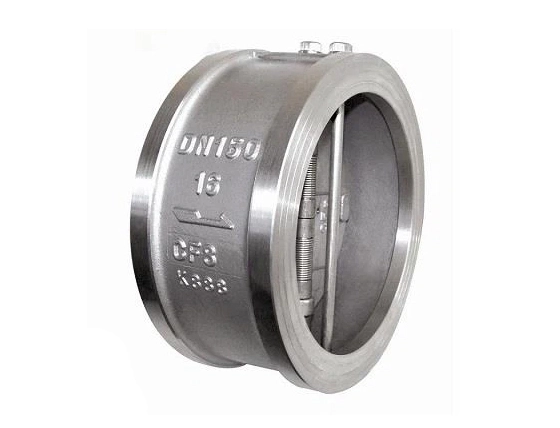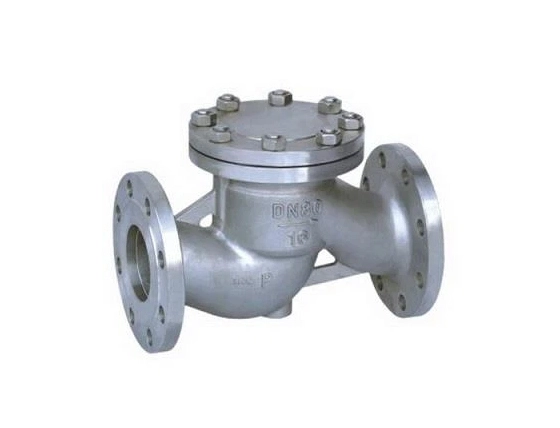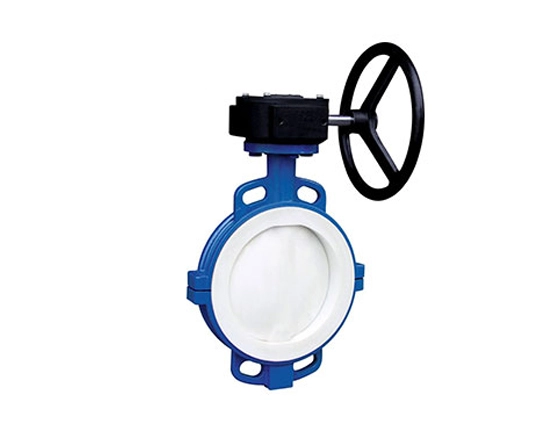en
In the realm of industrial engineering, the quest for optimal performance and reliability remains constant. Among the many materials and components utilized, WC6 material and WC6 valves stand out for their significant role in various applications. In this article, we delve into the details of WC6 material and WC6 valve performance to lay a theoretical foundation for selecting related products.
WC6 material, a specific grade of alloy steel, is a critical component in valve manufacturing due to its remarkable properties and suitability for demanding industrial applications. Comprising 1.25% chromium, 0.5% molybdenum, and 0.25% vanadium, along with trace elements like manganese, silicon, copper, sulfur, phosphorus, carbon, nickel, and nitrogen, WC6 exhibits exceptional strength, hardness, and resistance to wear and corrosion. These characteristics make it highly desirable for use in environments exposed to harsh chemicals, high temperatures, and abrasive materials. Within valve systems, WC6 material ensures durability, reliability, and optimal performance, contributing significantly to the efficiency and longevity of industrial processes across various sectors.
The mechanical properties of WC6 valves, derived from Alloy Steel WC6, encompass high tensile strength, good ductility, and impact strength, making them optimal for demanding applications.
Tensile Strength: WC6 valves exhibit exceptional resistance to external forces with a tensile strength ranging up to 1250 MPa.
Yield Strength and Ductility: A yield strength of 880 MPa ensures structural integrity under stress, while a ductility of 20% elongation after fracture indicates their ability to deform without fracturing easily.
Impact Strength: WC6 valves boast an impact strength of 20J, providing resilience against sudden shocks or vibrations.
Additional Properties: An elongation at 2 inches of 18% and a reduction of area of 35% further enhance their suitability for critical roles.
The mechanical characteristics of WC6 valves exemplify their reliability and versatility across various industrial applications.
The advantages of WC6 valves stem from several key factors:
Corrosion Resistance: WC6 valves exhibit excellent corrosion resistance, particularly in harsh environments with exposure to corrosive substances. This resistance helps prolong the lifespan of the valves and reduces the need for frequent maintenance, resulting in cost savings and increased operational efficiency.
Heat Treatment: WC6 valves can undergo precise heat treatment processes to enhance their mechanical properties. Heat treatment can improve the hardness, strength, and ductility of the valves, allowing them to withstand high temperatures and pressures encountered in various industrial applications.
Machinability: WC6 valves possess excellent machinability, meaning they can be easily shaped, drilled, and fabricated into complex designs with high precision. This attribute allows for the creation of customized valve components tailored to specific operational requirements, leading to improved performance and reliability.
Weldability: WC6 valves exhibit good weldability, enabling them to be seamlessly integrated into piping systems or other equipment through welding processes. This facilitates efficient installation and assembly of valves, reducing downtime and labor costs associated with complex fabrication tasks.
